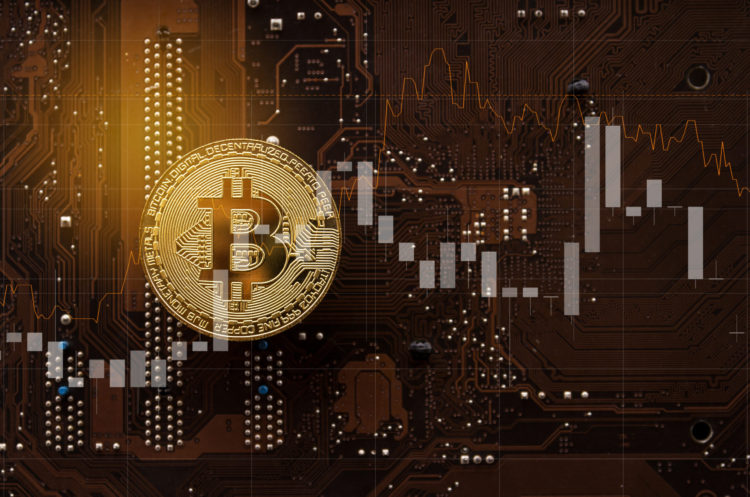Bitcoin is a digital asset and a payment system invented by Satoshi Nakamoto. Transactions are verified by network nodes through cryptography and recorded in a public dispersed ledger called a blockchain. Bitcoin is unique in that there are a finite number of them: 21 million.
Bitcoins are created as a reward for a process known as mining. They can be exchanged for other currencies, products, and services. As of February 2015, over 100,000 merchants and vendors accepted bitcoin as payment. But first I will recommend you to visit brexit-millionaire.org.
How does Bitcoin work?
Bitcoin mining involves running software on your computer that solves mathematical problems. In return for solving these problems, miners are rewarded with bitcoins. The more computing power you contribute to the network, the greater your share of the reward.
As bitcoin mining has become more competitive, miners have turned to more powerful computers to solve the puzzles and earn rewards. This has led to a massive increase in energy consumption by bitcoin miners.
In March 2018, it was reported that bitcoin miners used as much energy in a single day as the entire country of Ireland. This is just one example of the negative environmental impacts of Bitcoin.
What can be done?
There are a number of ways to reduce the environmental impact of Bitcoin. Miners can use renewable energy sources like solar and wind power, rather than relying on fossil fuels. They can also use more efficient technologies to minimise energy consumption.
Bitcoin users can also do their part by choosing wallets that minimise energy consumption. Some wallets are designed to use less energy than others.
How Bitcoin Is Sucking Up So Much Energy?
Bitcoin mining is a process that requires large amounts of energy. Miners are rewarded with bitcoin for verifying and committing transactions to the blockchain. The amount of energy required to mine bitcoin has increased significantly in recent months. Some experts believe that bitcoin is sucking up so much energy that it could have a negative impact on the environment.
One of the main concerns about bitcoin is its energy consumption. Bitcoin mining requires a lot of energy because it uses special software to solve complex mathematical problems. The miners who solve these problems are rewarded with bitcoin. As the value of bitcoin has increased, so has the amount of energy required to mine it.
Some experts believe that bitcoin’s high energy consumption could have a negative impact on the environment. They worry that the amount of electricity used to mine bitcoin could lead to increased greenhouse gas emissions and other negative effects on the environment. Others argue that bitcoin’s high energy consumption is worth it because it helps to secure the blockchain and protect against fraudulent transactions.
The debate over bitcoin’s energy consumption is sure to continue. However, it is clear that the amount of energy required to mine bitcoin has increased significantly in recent months. This is something that we need to take into account as we move forward with this technology.
Risks Involved in Bitcoin Mining Process
Bitcoin mining is the process by which new Bitcoin is created. Miners are rewarded with Bitcoin for verifying and committing transactions to the blockchain. Mining is a risky process, as it can consume large amounts of electricity and result in lower profits. In this article, we will discuss the risks involved in Bitcoin mining.
The first risk involved in Bitcoin mining is the possibility of hardware failure. Mining hardware can fail unexpectedly, resulting in lost profits and time. In addition, miners are at risk of being hacked. Hackers can steal mining hardware or cause damage to the software or computer hosting the mining operation.
Another risk associated with Bitcoin mining is the high amount of electricity that it consumes. Bitcoin mining can use large amounts of electricity, which can result in higher electricity bills. In some cases, miners may even need to purchase additional hardware to keep up with the high electricity demand.
Conclusion
Finally, Bitcoin mining can be a risky investment. The value of Bitcoin can fluctuate rapidly, which can result in lower profits or losses for miners. In addition, the process of mining can be competitive and unpredictable. This means that miners may not always earn the amount of Bitcoin that they expect.
Despite the risks involved, Bitcoin mining is still a profitable endeavour for many miners. By understanding the risks involved in this process, miners can make more informed decisions about whether or not to participate in Bitcoin mining.
Credit: Source link











































































































































